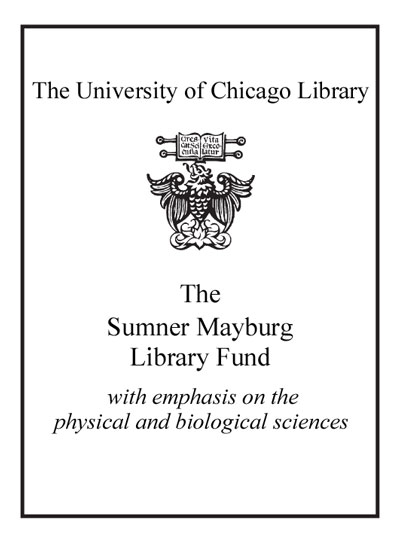| Summary: | Hepatocellular carcinoma (HCC) is one of the most important complications of chronic viral hepatitis. It usually results in a fatal outcome if not discovered in its earliest stages. Its close association with the hepatitis B and C viruses makes it one of the first human cancers for which there is strong evidence of a viral cause. For this reason it provides a model for studying viral carcinogenesis in humans. <p>In some countries, HCC is one of the most common tumors of adult men. In addition, there is evidence that the incidence of this cancer has doubled in the past 15 to 20 years in many countries, and the incidence has doubled every 20 years for the past half century in Japan. In some studies, the increase has been shown to be due primarily to cases associated with HCV infection.</p> <p>Molecular studies of HCC show that mutations in oncogenes, in various cellular repair pathways, and in tumor suppressor genes together appear to contribute to the development of this cancer. In HCCs associated with hepatitis B virus, the virus itself can interact with tumor suppressor proteins and other cellular signals in ways that probably permit HCC to develop even when there are no mutations in the genes for these signals.</p> <p>This work discusses the latest concepts in molecular biology and the study of HCC which have led to dramatic breakthroughs in our understanding of how it develops.</p>
|
|---|


